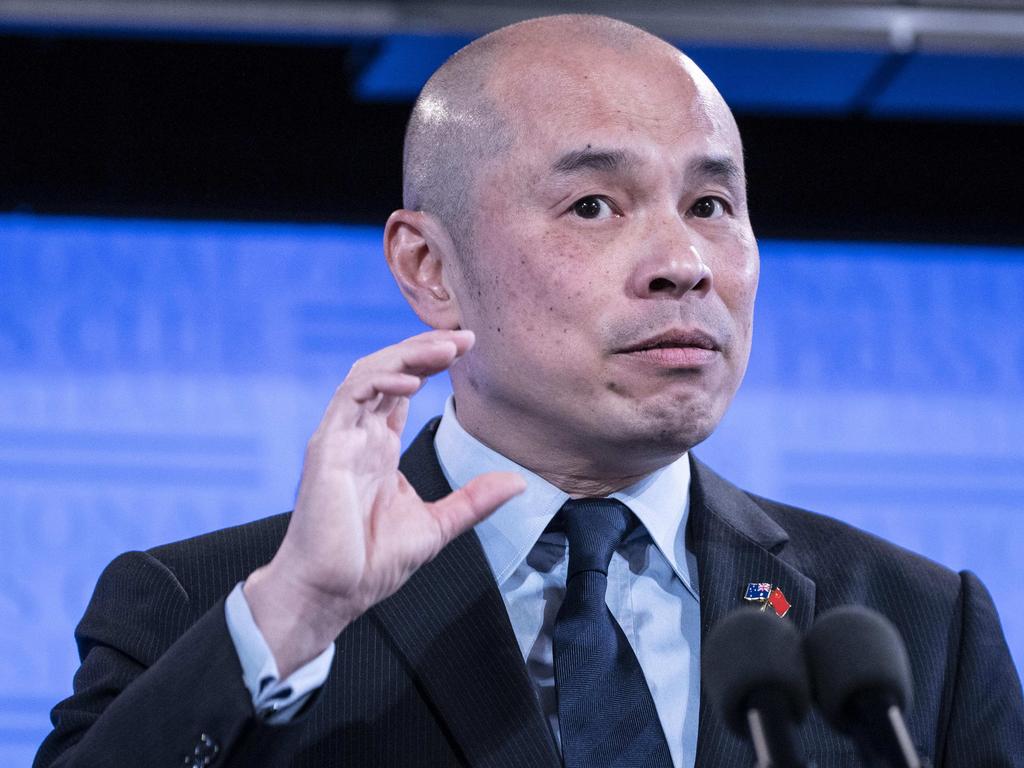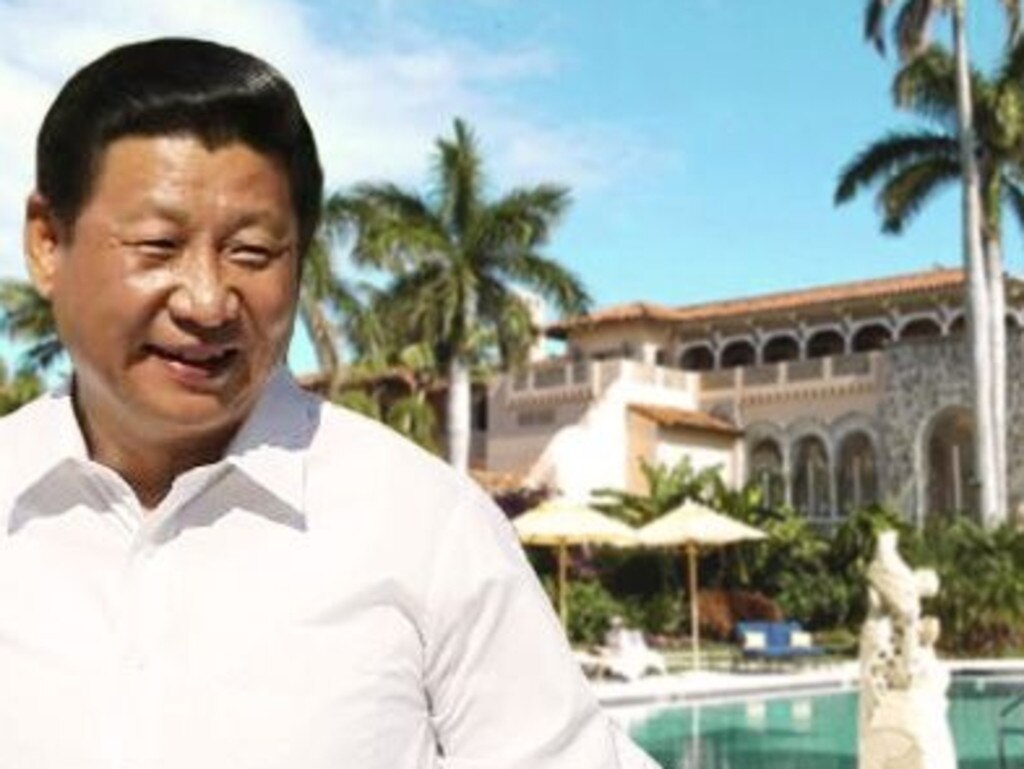
So today I invite Wang to take time to read the 500 plus comments to understand why a great many Australians are simply not prepared to buckle and will accept the economic consequences. Wang was right in referring to the mutual goodwill between our two nations that had been built up over many years. It’s still there, but is evaporating rapidly.
Some readers were emotional, equating my suggestion of negotiating a peace in the trade war to the appeasement that the UK offered Germany prior to the Second World War. One reader said: “Robert, I recommend you read your history books on appeasing a bully”
Yet many in China want the good relationship with Australia restored and that was reflected by the remarks of Wang. But Australians do not respond well to attempts to teach them a lesson with harsh actions against our enterprises and people.
And so we have a global situation where the populations of US, India, Australia, many countries to our north, and of parts of Europe are turning anti-Chinese. The Middle Kingdom is becoming isolated.
In the US a year or two back, a Democrat presidential challenger might have been pro-China. But in 2020 Joe Biden has basically endorsed the direction of President Trump’s actions, albeit that he is promising a somewhat different approach. Biden can’t afford to be pro Chinese.
In Australia, it is not that different and I have been accused kowtowing to China. But I raise the issues at a time when Australia is in its deepest recession since the great depression. What saves us from an even deeper crisis is exports of iron, ore, coal and gas to China.
We will need to restore at least part of our non-minerals trading with China if we are to recover quickly. But the comments show many Australians simply want us to go back to 20 years and restrict our trading with China and look for other markets.
The reader comments also showed that there remains a considerable number of Australians who are interested in detailing the terms for negotiating Wang’s proposal. But while China continues to throw blows at Australia any peace plan will have deep-seated community opposition.
Given the Australian community financial suffering that is ahead and the regional insecurity developing, simply turning our back on China is a high risk strategy.
Accordingly I am going to incur the wrath of the reader majority and draw on some fantastic reader suggestions as to how to deal with the Wang proposal.
So let’s start with Wang’s base proposition:
“We should respect each other’s sovereignty and territorial integrity, and refrain from interfering in other’s internal affairs. We should respect each other’s choice of social and political system and mode of development, and refrain from imposing one’s own idea onto the other”.
One reader summed up a large number of comments this way:
“Robert has a useful point, and it would be good get the trade relationship back on track, but this current fractious relationship is a necessary phase we must go through to ensure we clearly articulate what we, Australia, will not tolerate.:
• We won’t tolerate their political interference
• We won’t tolerate their cyber hacking and IP theft
• We won’t tolerate their attempts to manipulate and control the Chinese diaspora in this country
• We won’t tolerate their control of our critical assets
• We won’t tolerate their attempts to corrupt and seduce our pacific neighbours.
The last point is difficult but the others, if they took place – and they clearly did – breached Wang’s basic relationship criteria that “we should respect each other’s sovereignty and territorial integrity, and refrain from interfering in other’s internal affairs”.
Many would argue that an attempted future agreement along these lines is appeasement, but at least the issues are on the table.
On the other side, like China, Australia might also not publicly admit interfering in China’s internal affairs but we certainly did. And we have not respected China’s choice of social and political system.
At the moment there is no political contact between the two countries so we can’t even start to discuss these issues. But if Wang Xining is serious, my readers have given him a starting point. I would begin the discussion with the Trade Minister Simon Birmingham.
Foreign Affairs is part of our problem, because it endorsed blatant attacks on the Chinese political system that, understandably, enraged the Chinese long before the hard line emerged and when goodwill was still high.
Then there are the issues of “territorial integrity” led by the South China Sea and Taiwan where there are no easy solutions. Hong Kong will now be about population transfers. The issue of the Muslim minority in the west of China, like our Indigenous Australians, is seen as an internal matter by both countries.
Individual Australians clearly have the right to protest but there are similar issues involving different minorities around the world which we chose to ignore.
On a separate matter, many readers recognised the military significance of the events taking place.
One concluded: “China has the appearance of WWII revisited, with Hong Kong, Taiwan, India, and COVID-19 issues … suspending domestic flights but allowing international flights, fishing boat armadas etc”.








The anti-China wave that is sweeping the US has now gathered considerable momentum in Australia. And so yesterday, when I set out the structure of a possible peace plan put forward by China’s Deputy Head of Mission Wang Xining, it sparked a very strong reaction from a large number of my readers – a reaction which reflects public opinion.